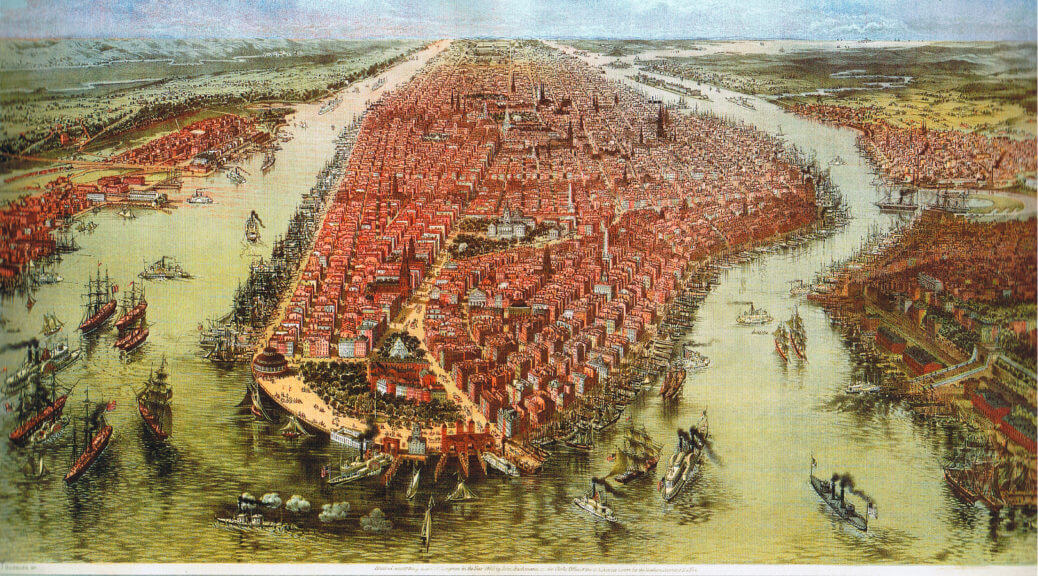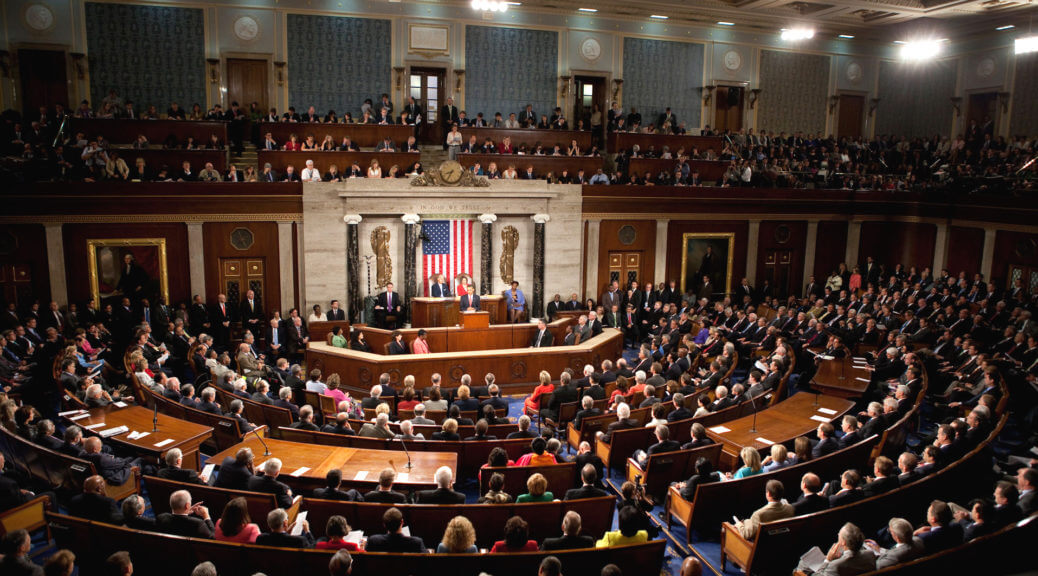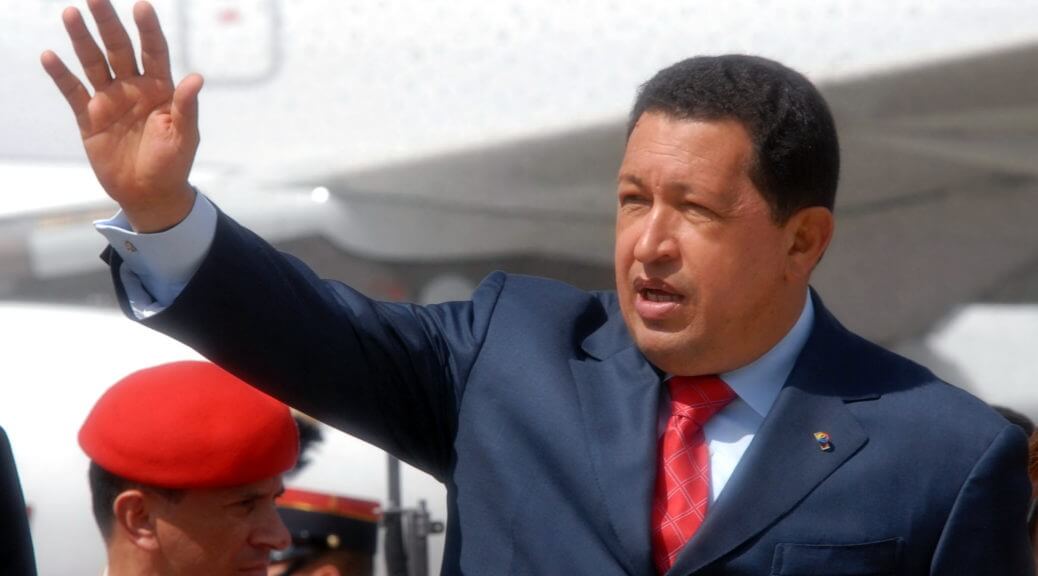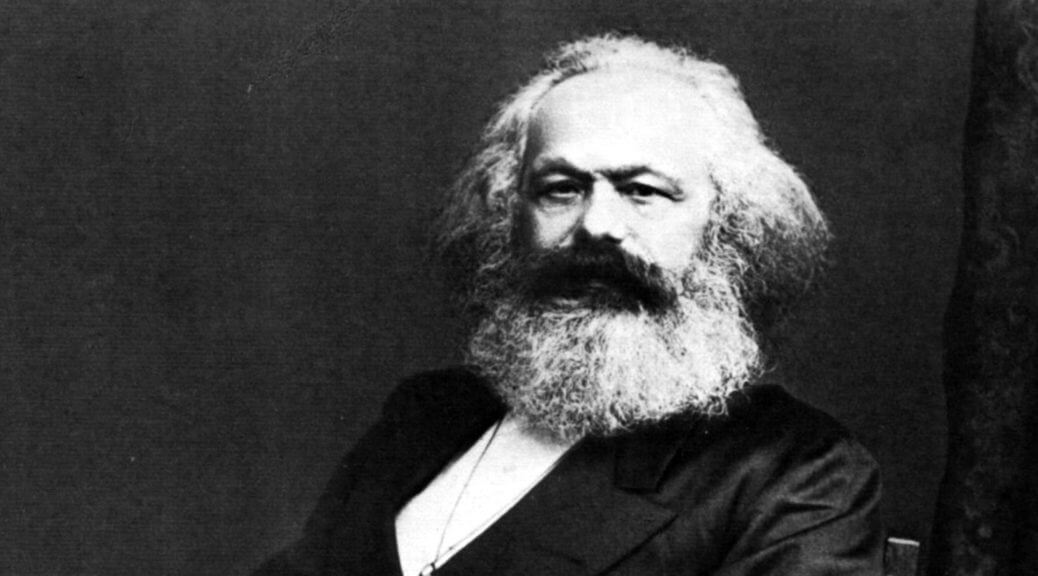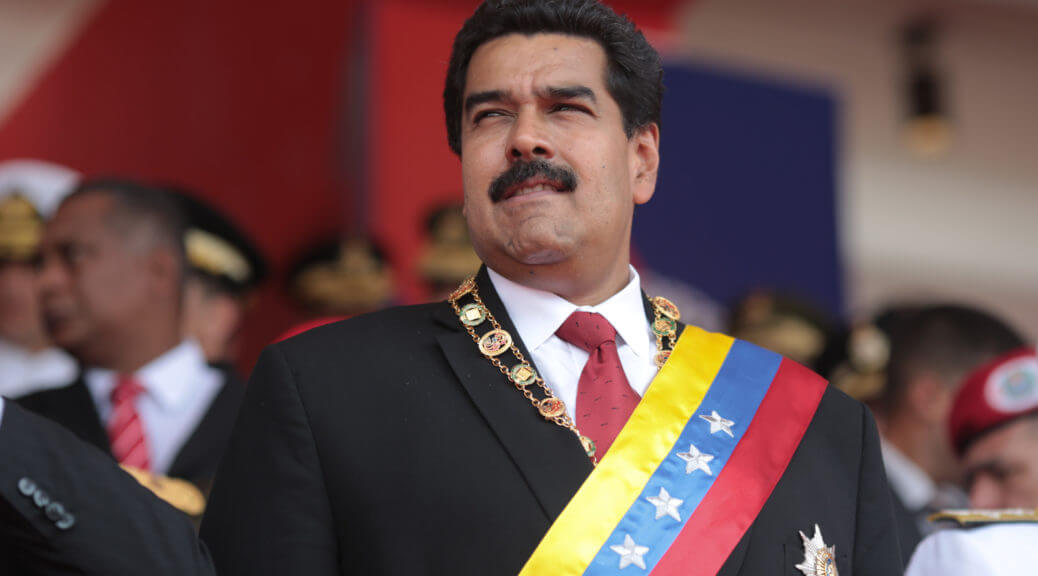In this episode, I discuss the process of writing and being successful with Mike Munger. What follows is an edited transcript of our conversation.
Petersen: My guest today is Mike Munger of Duke University. Mike, welcome to Economics Detective Radio!
Munger: It’s a pleasure to be on your show!
Petersen: So first I stole EconTalk’s format and now I have stolen Mike Munger as well, so if Russ Roberts sends me a cease and desist letter, I’ll completely understand why.
Munger: Russ and I have an open relationship. We both date other people.
Petersen: Oh good, good. I have many jokes I could make about that, but I won’t!
Munger: Thank you for not.
Petersen: So, our topic today is going to be writing and thinking. Let’s say that because, as we’ll go through, the two are intimately related. So Mike wrote a piece titled “Ten Tips on How to Write Less Badly.” Now you may be thinking to yourself, “Hey I thought this was an economics podcast! What does writing have to do with economics?” Continue reading Writing and Thinking Less Badly with Mike Munger
Subscribe to Economics Detective Radio on iTunes, Android, or Stitcher.



